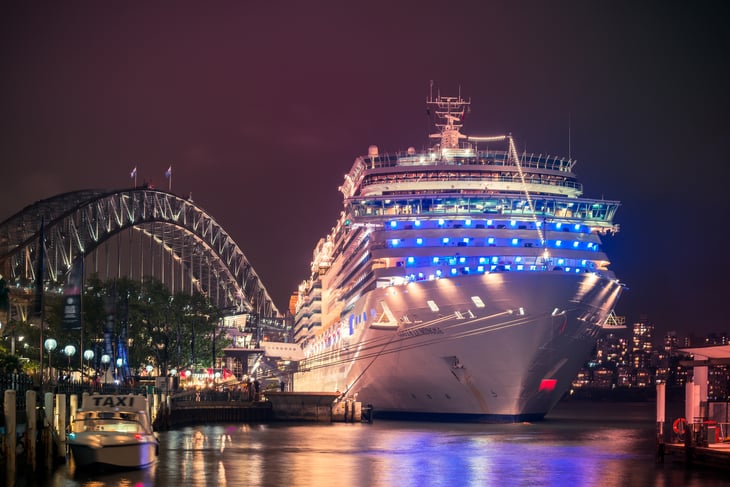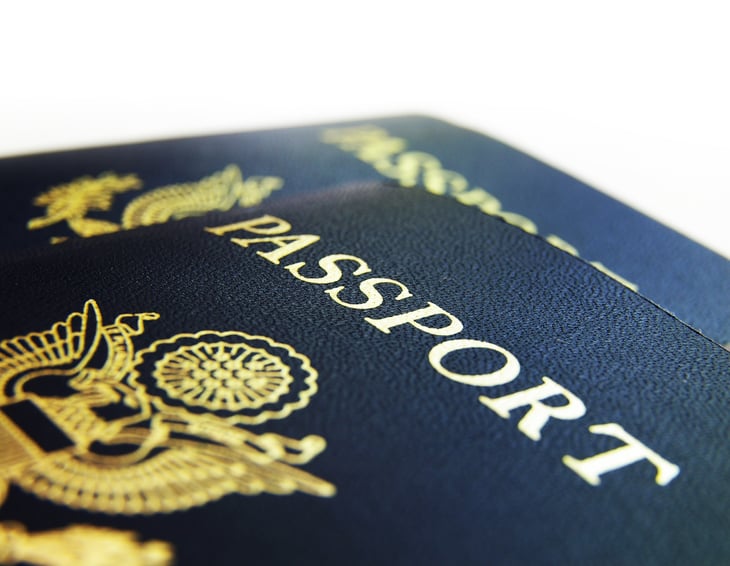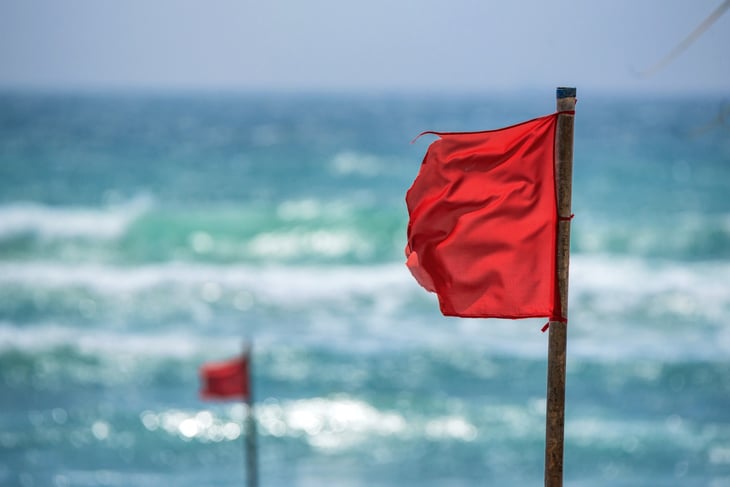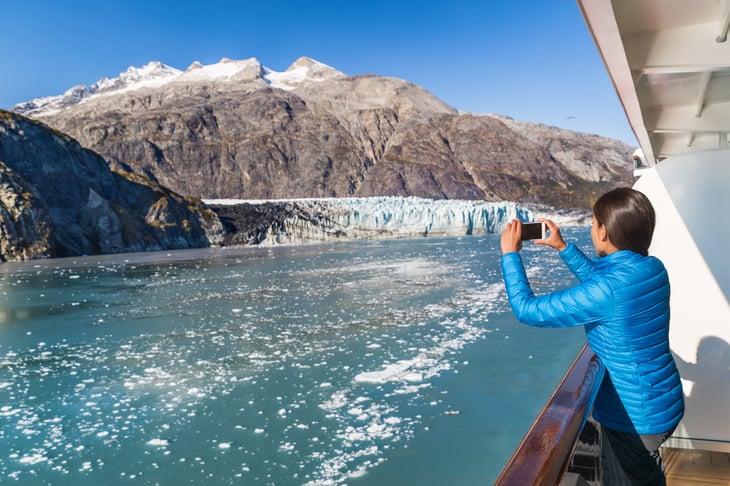A cruise is a great way to travel. You can explore multiple destinations without changing hotels, and amenities and entertainment are close at hand. You also get the chance to make friends with fellow travelers, and some cruise lines offer discounts to seniors and other groups.
Because the cruise price covers transportation, lodging and food, these trips — while not cheap — often can be reasonably priced.
“It’s a great way to see the world because you’re not packing and unpacking, not checking out of hotels, and not waiting in airports,” Stewart Chiron tells Money Talks News. He’s taken more than 100 cruises and maintains the CruiseGuy.com website.
“My favorite part is you’re not waking up in the same boring place every day,” he says.
But before you shout “anchors aweigh,” it will pay to learn a little about cruising. Following are Chiron’s top 10 tips for enjoying smooth sailing and good value.
1. Research online, but book through an agent

It’s always a good idea to do some comparison shopping and find interesting itineraries at decent rates — but Chiron says you should book through a cruise travel agent, not a website. That way, you’re sure to get the most current deals, plus any insider discounts.
“An experienced cruise agent can get you the right trip in the right cabin at the right price,” Chiron says.
The “experienced” part is important, Chiron says. You want someone with who has been on the specific ship you’re considering, so you can ask about the quality of the food and entertainment, get an idea of what’s included in the ticket price, and learn about the atmosphere.
2. Book ASAP

While many cruise destinations are available year-round, the best rooms aren’t. The top rooms on the top ships are usually booked up to two years in advance.
3. Join loyalty programs

Before you book a cruise, make sure you’re signed up for the line’s rewards program. It’s usually free, and there’s no reason not to start racking up free benefits. Cruise Critic has a rundown of the various cruise-line loyalty programs.
4. Book your ship and flight separately

It usually costs less to pay your own way to the port of departure. This is because cruise lines have to look at air rates much further out than you do. Sometimes, though, they offer “free air” — in other words, the airfare cost is bundled into the ticket price, and you’re paying for it whether you use it or not. So, when you talk to an agent, ask for a comparison of the cruise-only and cruise-and-air rates.
Self-bookings also mean you have control over times and the number of connecting flights. But on the downside, flight delays may be your problem to deal with. When the flight comes with the cruise, the cruise line makes sure you get on the boat.
5. Budget for extras

“All-inclusive” is often a little misleading. The basics are covered, but if you want better dining, specialty services like massages and certain forms of entertainment — including gambling, merchandise and alcohol — you better bring extra cash.
6. Tip less

Don’t feel guilty about not tipping everyone who serves you. A per-day gratuity is usually built into the ticket price to cover tips.
On the other hand, a lot of these guys and gals aren’t paid that well, so a little extra tip might mean a big boost in the service you get. Remember you’re going to be seeing these people for several days, not just for one meal or one night at a hotel.
7. Check with the government

There are at least two government-run websites to check when booking a cruise. One is Travel.State.Gov, which has the latest travel advisories about dangerous destinations and rules about visa and immunization requirements. The site also has plenty of info about country-specific crime, laws, medical facilities and other facts that travelers need to know.
The second site to check is the Centers for Disease Control and Prevention, which has cruise-ship inspection results, tips on staying healthy and outbreak updates.
8. DIY excursions

If you’re cruising for a bruising, look no further than the added expense of excursions. Guided exploration and tours in foreign countries can be a lot of fun, but they’re also pricey, and the cruise lines make a lot of their profit this way.
“I always recommend people go on the cruise lines’ websites and see what’s being offered in the ports on your cruise,” Chiron says. “At a lot of ports, you can do it yourself, see more and have it be a lot less expensive.”
9. Look into travel insurance

Like everything else, you could get your insurance through the cruise. But it’s often cheaper to shop around and buy elsewhere. Especially if you’re touring through a port that’s risky for whatever reason — seasonal weather, political instability, violent crime, disease — you may want coverage for illness, cancellations or evacuations.
Check out a site like InsureMyTrip to compare rates.
10. Check for repositioning cruises

Many destinations in the Mediterranean and Caribbean are available year-round. Others aren’t, and when cruise ships are switching routes, you can score big.
“It’s all weather-related, and some ships are offering repositioning cruises when they’re going to or from Europe or to or from Alaska,” Chiron says. “They have incredible itineraries that are usually combinations of three or four itineraries, and cruise lines are just giving that away” at the regular rates, he says.
These route changes usually occur during or after September.
Do you have experience and tips on cruises? Share in the comments below or on our Facebook page.





Add a Comment
Our Policy: We welcome relevant and respectful comments in order to foster healthy and informative discussions. All other comments may be removed. Comments with links are automatically held for moderation.